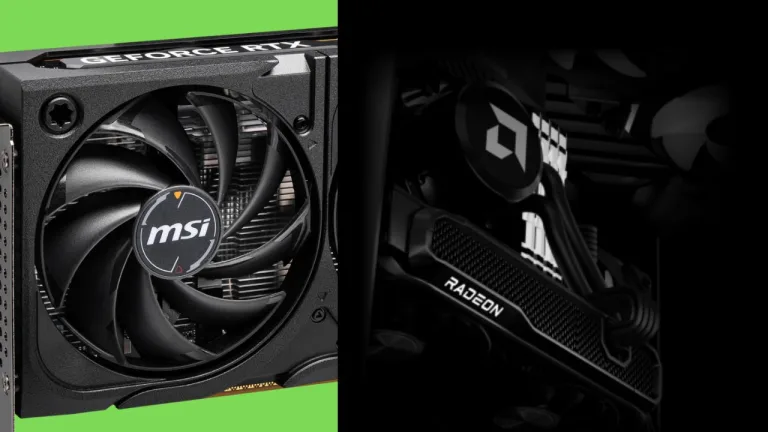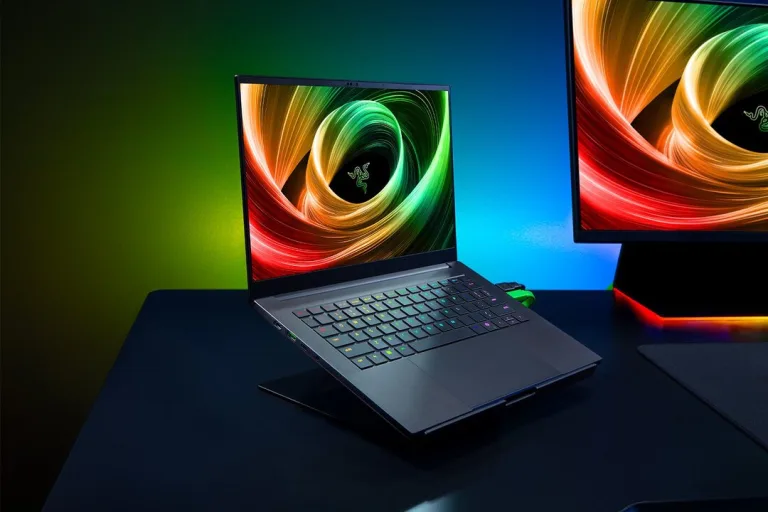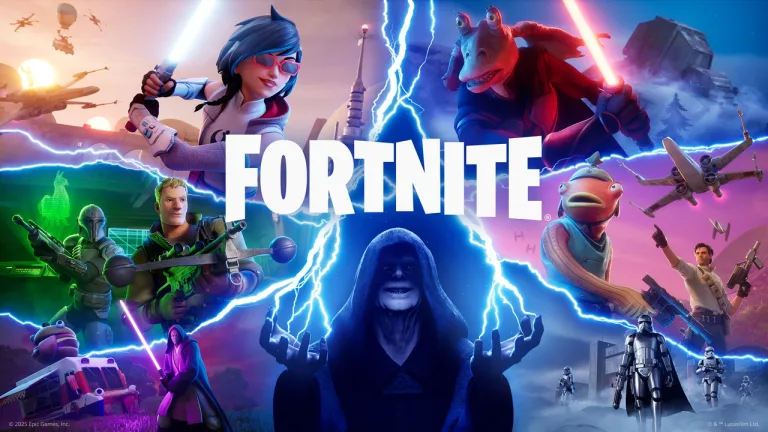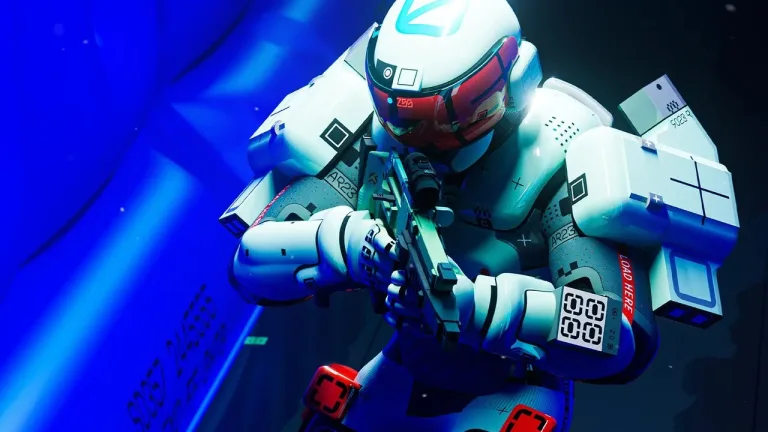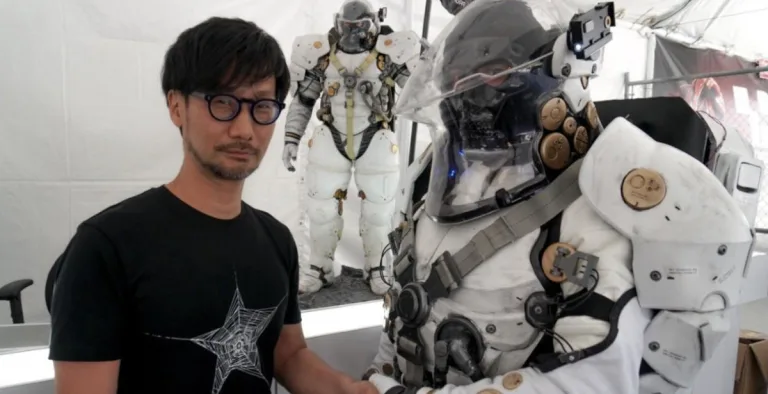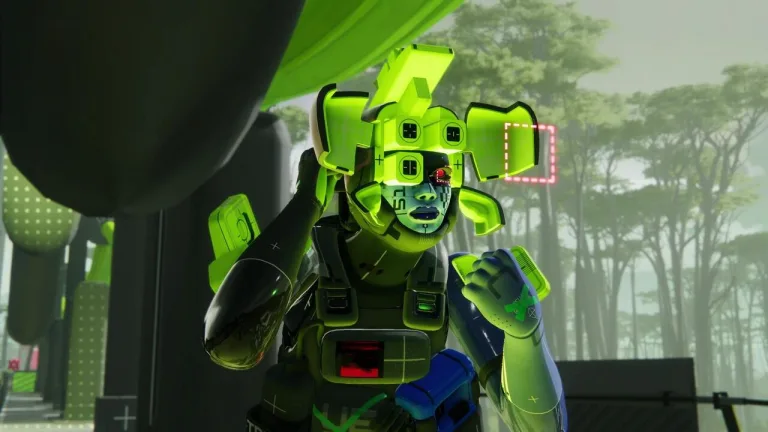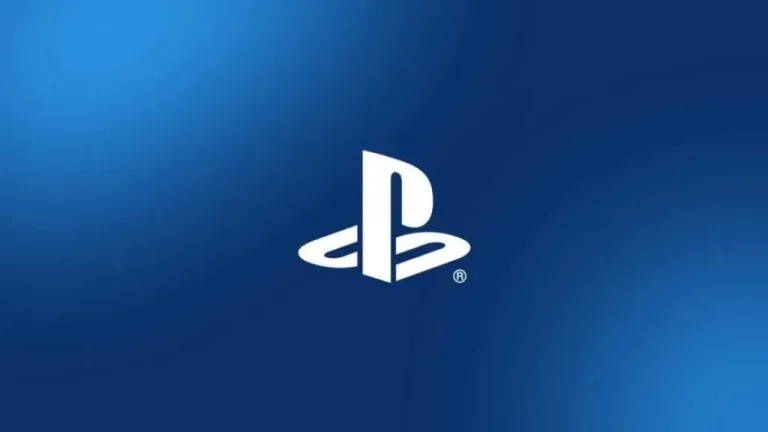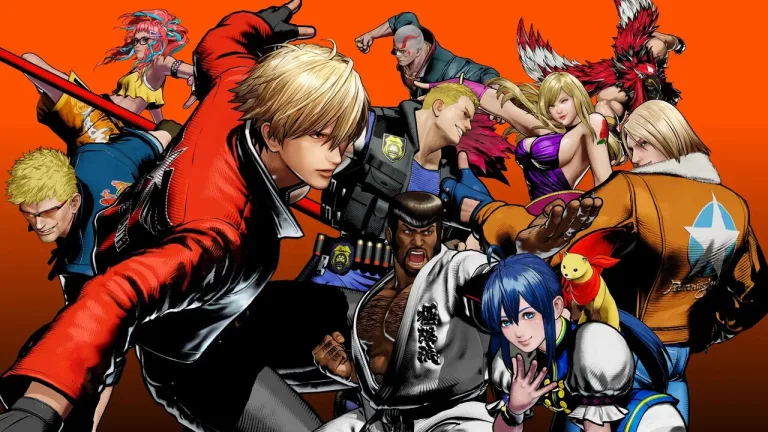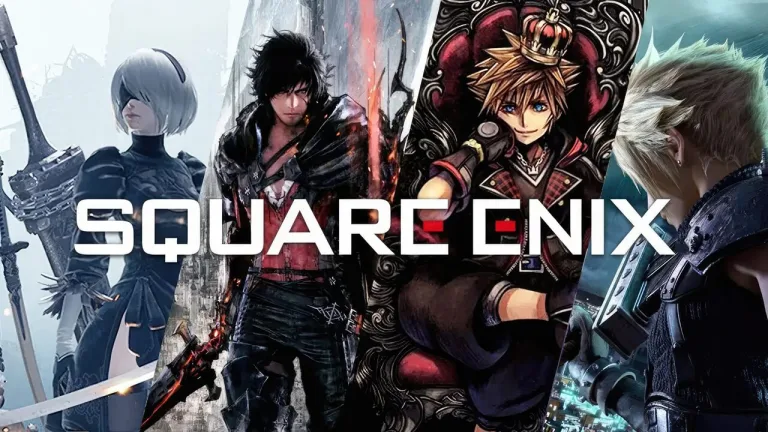Computex 2025 has been a battleground for the latest mid-range graphics cards, with NVIDIA unveiling the RTX...
Industry
Gamers Nexus could be the first of many reviewers and content creators fed up with Nvidia’s behavior

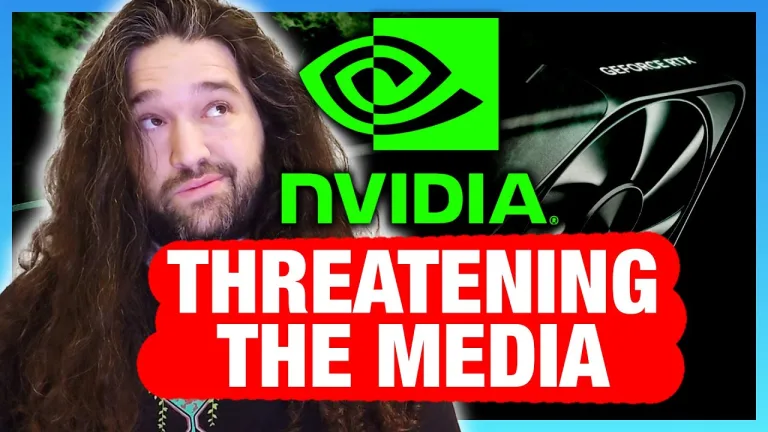
Gamers Nexus could be the first of many reviewers and content creators fed up with Nvidia’s behavior
In the ever-evolving world of tech journalism, transparency and integrity are paramount. However, recent allegations from Gamers...
Computex 2025 has brought a wave of exciting announcements, and among them, Razer has officially unveiled the...
After nearly five years of absence, Fortnite is finally making its way back to iOS. This marks...
Bungie’s upcoming extraction shooter, Marathon, has been the subject of intense speculation and controversy in recent weeks....
Hideo Kojima, the legendary game designer behind Metal Gear Solid and Death Stranding, has always been known...
The gaming industry is no stranger to controversy, but Bungie’s latest challenge comes from an unexpected corner—an...
Sony Group reported its Q4 2025 earnings on May 13, 2025, exceeding expectations with an EPS of...
In a surprising turn of events, Kenji Matsubara, CEO of SNK Corporation, has stepped down from his...
Square Enix has unveiled its financial results for the fiscal year ending March 31, 2025, revealing a...


